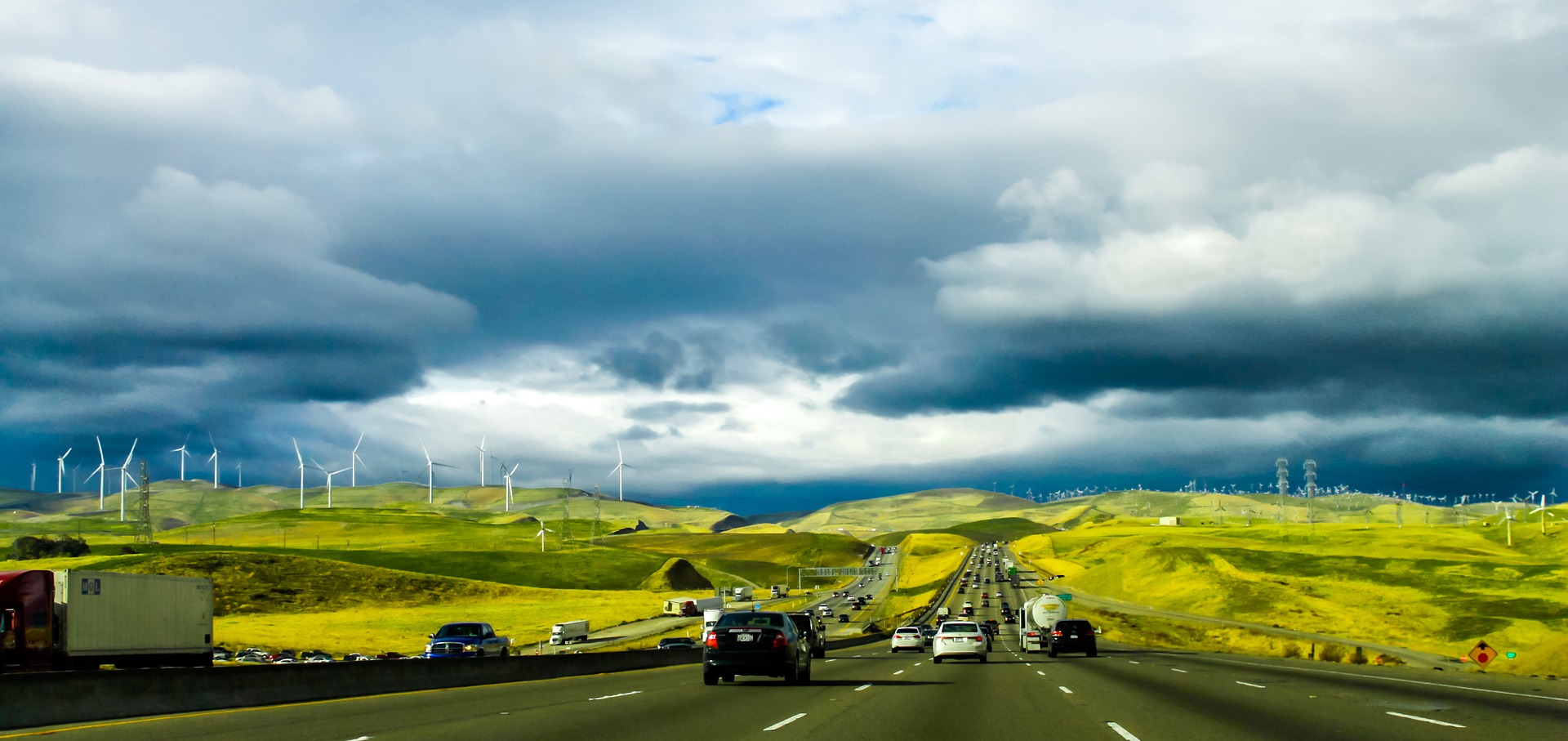Why the time is right for UK green energy investment.
If you didn’t already know it, the UK is at a major crossroads. As the world’s fifth largest economy enters a period of huge opportunity, its next path could be critical; the decisions it makes will shape future generations and the global support it gets will be vital. But this is not another Brexit debate. I’m talking about the growth potential of the UK’s critical energy infrastructure.
A perfect storm
In June 2019, the UK became the first major economy in the world to pass laws to end its contribution to global warming by 2050. This means bringing all greenhouse gas emissions to net zero by 2050, compared with the previous target of at least 80% reduction from 1990 levels. It’s an ambitious but not unachievable target in light of the UK’s current energy landscape and the seismic global shift in environmental attitudes and awareness.
In fact, the 2050 net zero target is the final gust of wind in a perfect storm of factors which has been brewing in the UK for some years, driving increased opportunities in renewable energy.
If you park the political bias and ignore the hesitation of Brexit, the investment opportunity in UK green energy infrastructure becomes clear; a thriving industry, supported by national policy, with proven technologies at rapidly dwindling costs. With the dramatically low pound and a global awakening to climate change issues too, I’d argue there has never been a better time for overseas funds to invest.
Exploring the opportunity
Of course, the UK is no stranger to renewable energy. After centuries of dependence on coal-fired power stations, the UK Government set out plans to close all unabated coal-fired power stations by 2025; only four now remain operational.
Since 2008, the UK has decarbonised its electricity generation faster than 25 major economies, ahead of Denmark, the US and China, according to Imperial College London and energy consultancy E4tech. In May 2019, it ran without using coal to generate electricity for two weeks (the first time since 1882), driven by increasing wind and solar generation.
This shift didn’t happen by accident, it was a result of hefty subsidies which kickstarted a low-carbon industry. But now things feel different. This is a nation changing the way in which it produces, stores and uses electricity at pace – and mass critical infrastructure is needed to maintain that pace.
Investment potential
So why the perfect storm? What are the factors which are set to attract interest from overseas markets?
Above all, there is no better incentive for overseas investment than a low sterling. Just last month, the pound dropped to $1.1959, a 34-year low when you exclude the mysterious ‘flash-crash’ of October 2016. It has recovered slightly, but still remains an appealing proposition in the right investment markets.
It’s also partly due to evolving national policy; the 2050 net zero target, for example, has accelerated ambitions and given a fresh impetus to the UK’s commitment to carbon reduction. Critical energy infrastructure, which has historically been a low growth market in the UK, is now very much in demand.
And we must credit the falling cost of wind turbines, solar photovoltaics and battery storage technology, which is making green energy assets an attractive investment of their own accord, even without the subsidies of recent years.
As the more established technologies, wind and solar will naturally attract investment, but battery storage is also proving popular. This is the key to energy flexibility; the missing link which provides the capability to store energy from renewable sources and provide the crucial flexibility the UK grid requires both in terms of controlling grid frequency and providing backup during periods of peak demand and supply. Without energy storage, renewable energy on a large scale is not viable in the long term.
Battery storage technology is well established but using storage on the grid is still in its infancy, providing multiple opportunities in a market which is set to grow in line with national policy and demand. Who will be front of the queue to take them?
By Peter Kavanagh of Harmony Energy

Be the first to comment on "Park the political bias"